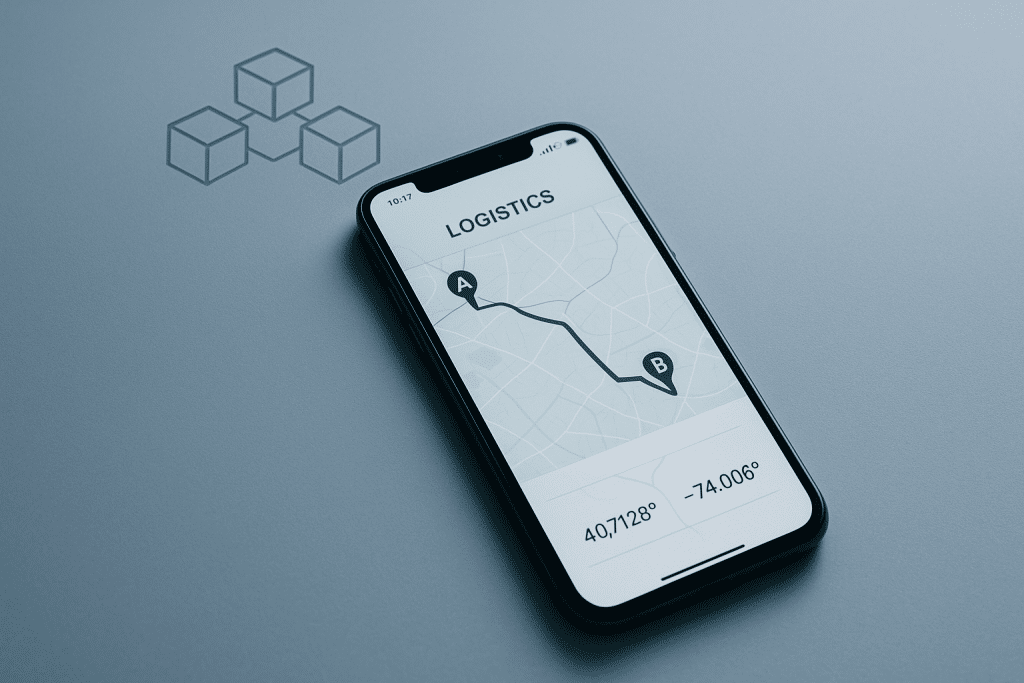The automotive logistics industry is experiencing a transformation driven by technology. Innovations such as IoT, AI, and automation are reshaping the landscape, offering new levels of efficiency and service delivery. Companies are rapidly adopting these advancements to stay competitive in a dynamic market.
The automotive logistics sector plays a crucial role in the global economy, ensuring that vehicles and parts are efficiently moved from manufacturers to consumers. Technological advancements have become essential in modern logistics to meet the increasing demand for speed and accuracy. By integrating technology, logistics operations can be optimized, leading to enhanced service delivery and reduced costs. Many companies, such as acertus, leverage these innovations to maintain a competitive edge and address the evolving needs of the industry.
Technologies driving change in logistics operations
Technological innovations are at the heart of the transformation in automotive logistics. The Internet of Things (IoT) allows for real-time tracking and monitoring of shipments, providing unprecedented transparency and control. With IoT-enabled devices, you can receive instant updates on location, temperature and vehicle conditions, which helps in making informed decisions quickly. Artificial Intelligence (AI) further enhances this process by analyzing data patterns to predict potential disruptions and optimize routes.
Automation also plays a significant role in streamlining operations within automotive logistics. Automated systems can manage inventory, process orders, and even drive vehicles with minimal human intervention. This reduces the likelihood of errors and increases efficiency across the supply chain. As a result, companies experience lower operational costs while improving service levels.
The integration of these technologies ensures that operations run smoothly and cost-effectively. By reducing manual input and utilizing predictive analytics, logistics firms can achieve better resource management and minimize delays. This technological shift not only benefits companies but also improves customer satisfaction by providing faster and more reliable services.
Blockchain technology is emerging as another game-changing innovation in automotive logistics. By creating an immutable record of transactions and movements, blockchain enhances security and transparency throughout the supply chain. This distributed ledger technology enables better tracking of parts’ authenticity, reduces paperwork, and streamlines customs processes. When combined with smart contracts, blockchain can automate payments and verify compliance with regulatory requirements, further reducing administrative overhead and potential delays.
Improving efficiency and service delivery
The adoption of technology in automotive logistics has significantly enhanced operational efficiency. Advanced data analytics enable logistics managers to optimize supply chains by identifying bottlenecks and predicting demand surges. This proactive approach helps in allocating resources effectively and improving overall service delivery.
Technology has also facilitated improved communication between stakeholders in the logistics process. With digital platforms, information sharing is seamless, allowing for better coordination between manufacturers, suppliers and transportation providers. This reduces downtime and ensures that goods are delivered on schedule.
Moreover, technology enhances customer experience by providing real-time updates on shipments. Customers can track their deliveries online, offering transparency and peace of mind. This level of service has become a benchmark expectation in today’s market, pushing companies to continually invest in innovative solutions to meet consumer demands.
Challenges and opportunities in tech adoption
Despite the clear advantages of technology adoption in automotive logistics, there are challenges that companies must navigate. Initial investments in technology infrastructure can be significant, requiring careful planning and budgeting to ensure successful implementation without disrupting existing operations.
Additionally, training staff to effectively utilize new technologies is crucial for maximizing their potential benefits. Resistance to change can also be an obstacle as employees adapt to new systems; however, comprehensive training programs can ease this transition.
The opportunities presented by technological advancements far outweigh these challenges. As more companies embrace digital transformation, there is potential for further innovation within the industry itself, leading to even greater efficiencies across global supply chains.
